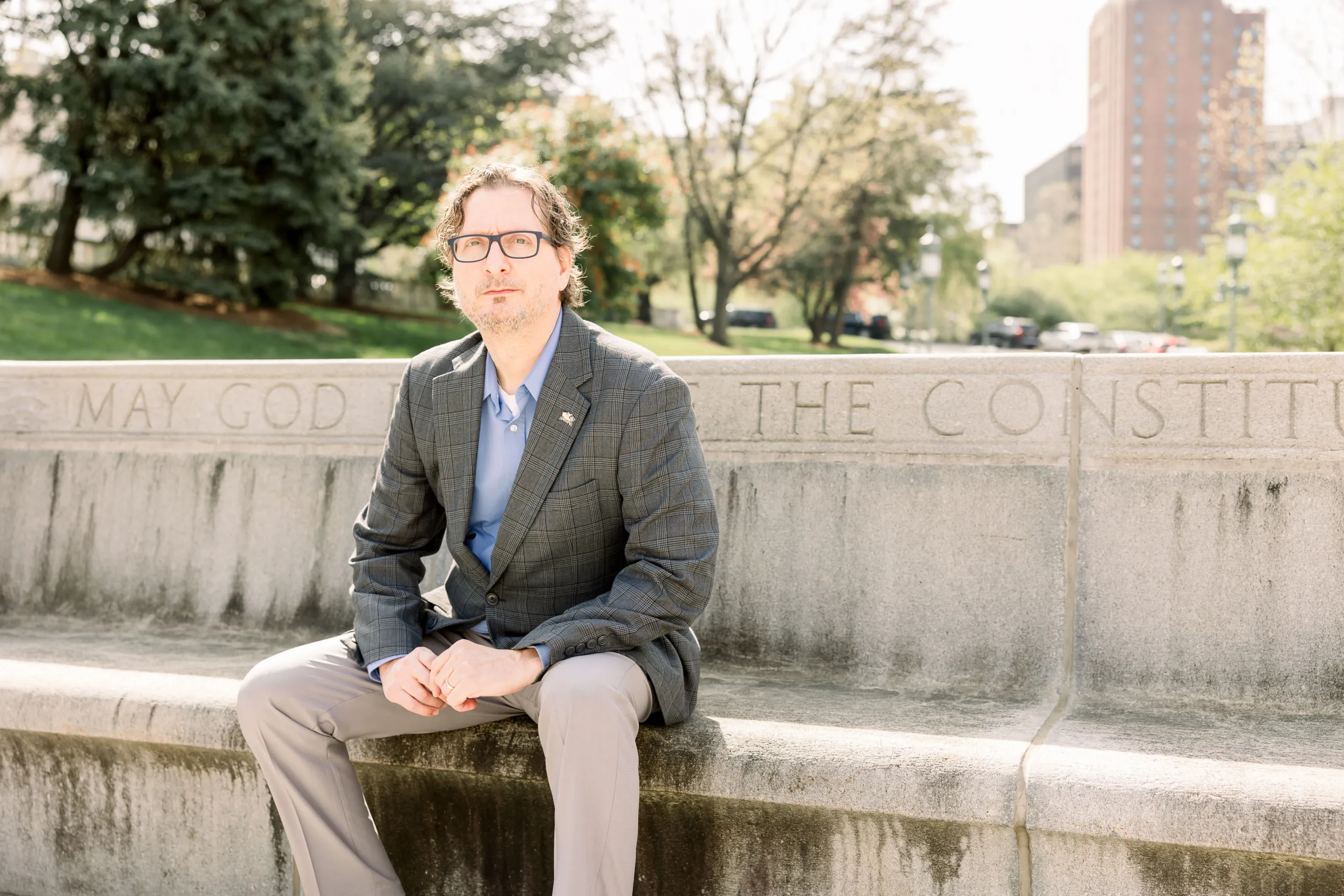Unfair Representation Cases
A teacher’s union refused to properly represent John Grande because he wasn’t a union member. Mark Kiddo’s union deceived him and others into ratifying a contract they didn’t want. Ray Michielini’s union retaliated against him when he resigned his membership. We have successfully represented these and other clients who believed their unions had violated their duty to fairly represent members and nonmembers alike.

Israeli UC Berkeley Postdoc Sues Union for ‘Anti-Semitic’ Discrimination
Yaniv v. UAW 4811
Karin Yaniv, an Israeli postdoc at UC Berkeley, alleges that her campus union has created an atmosphere of pervasive hostility and relentless abuse targeting Israeli Jews it represents. Her civil rights lawsuit seeks to end the union’s anti-Semitic discrimination against her and to hold union officials accountable for the hostile work environment they have fostered on campus.

Teacher Wins Racial Discrimination Lawsuit Against California Union
Newman v. EGEA
Isaac Newman won his federal civil rights lawsuit against his teachers’ union after it barred him from a leadership position because of the color of his skin. Within months of filing his lawsuit, the union folded and ended the segregated board seat. The union also committed to not discriminating based on race in other union positions.

Transportation Employee Battles Sexism, Self-Dealing in Pennsylvania Union
McFetridge v. AFSCME, Council 13
Mindy McFetridge uses her PTO to care for her sick daughter, but during the pandemic, a group of male union officials ignored seniority rules and kept themselves working, ultimately forcing her to exhaust her PTO. She seeks restitution.

Hartford Physical Education Teacher Fights DEI Discipline; Holds Union Accountable
Grande v. HFT; Hartford Board of Ed.
John Grande won a huge victory after he filed charges against his union for refusing to represent him in a workplace grievance, securing rights for all Connecticut public employees. Now he is looking to hold Hartford school administrators accountable for the retaliatory investigation that began when he simply voiced his opinion about a mandatory DEI training.

Pa. Residential Aide Sues Union Over Deliberately Mishandled Grievance
Gustafson v. AFSCME, Council 13
Penny Gustafson’s union deliberately mishandled her workplace grievance because she chose not to become a union member. Officials told her that she was “sponging off the union” and would receive minimal representation.

IRS Employee Wins Settlement After Supervisors and Union Team Up Against Her
Kjarbo v. IRS | Kjarbo v. NTEU
Ashley Kjarbo wanted to resign her union membership, but union officials and the IRS teamed up against her in an unfair fight. Ashley’s unfair labor practice charge forced the IRS to apologize and commit to not interfere with employees’ rights.

Pennsylvania Public Utility Commission Employee Sues Union & State Over Broken Contract
Burns v. AFSCME, Council 13
Todd Burns was next in line for a promotion under the terms of his union-negotiated contract, but a less qualified and less senior colleague who happened to be friends with the hiring manager got the job instead. Todd turned to his union for help—but it refused to defend the terms of its own contract.

CUNY Professors Trapped in ‘Anti-Semitic’ Union Fight for Independence
Goldstein v. PSC/CUNY
Avraham Goldstein and five other City University of New York professors were outraged when their union issued a resolution they viewed as “anti-Israel” and “anti-Semitic.” Though these professors are no longer union members, New York law forces them to still accept the union’s representation.

Railman Fends Off Retaliation After Challenging Membership Requirement
Michielini v. IBEW, Local 589
Ray Michielini’s union was operating under a collective bargaining agreement from 1952 that required union membership. But he successfully challenged the membership requirement and fended off the union’s attempts at retaliation.

Erie City Employees Win Judgement After Union Hides Contract Details
Kiddo v. AFSCME, Local 2206
Mark Kiddo and seven other Erie employees discovered that their union officials had concealed retirement options from them during contract negotiations. They sued to enforce their union’s duty to represent them fairly–and won.
